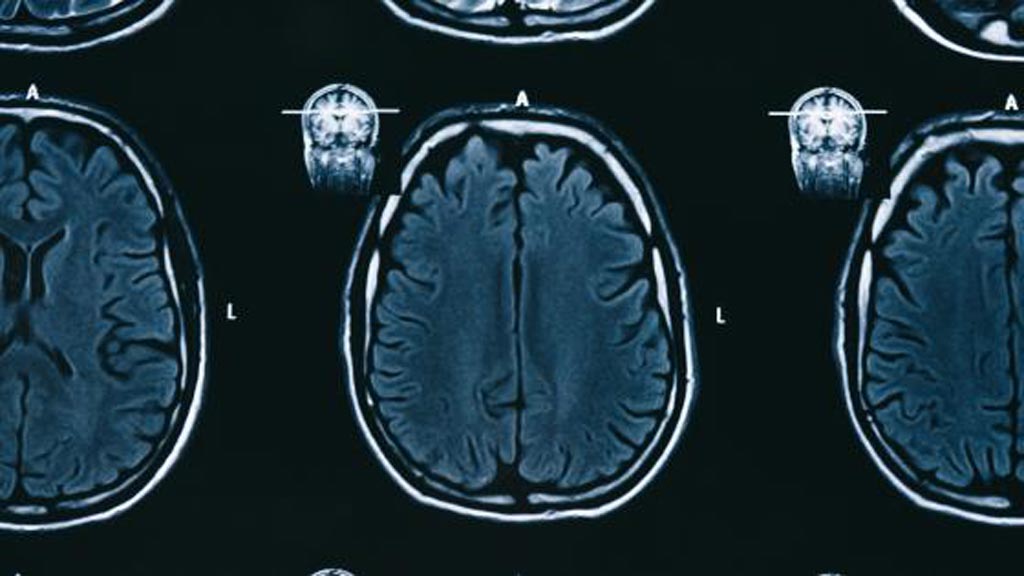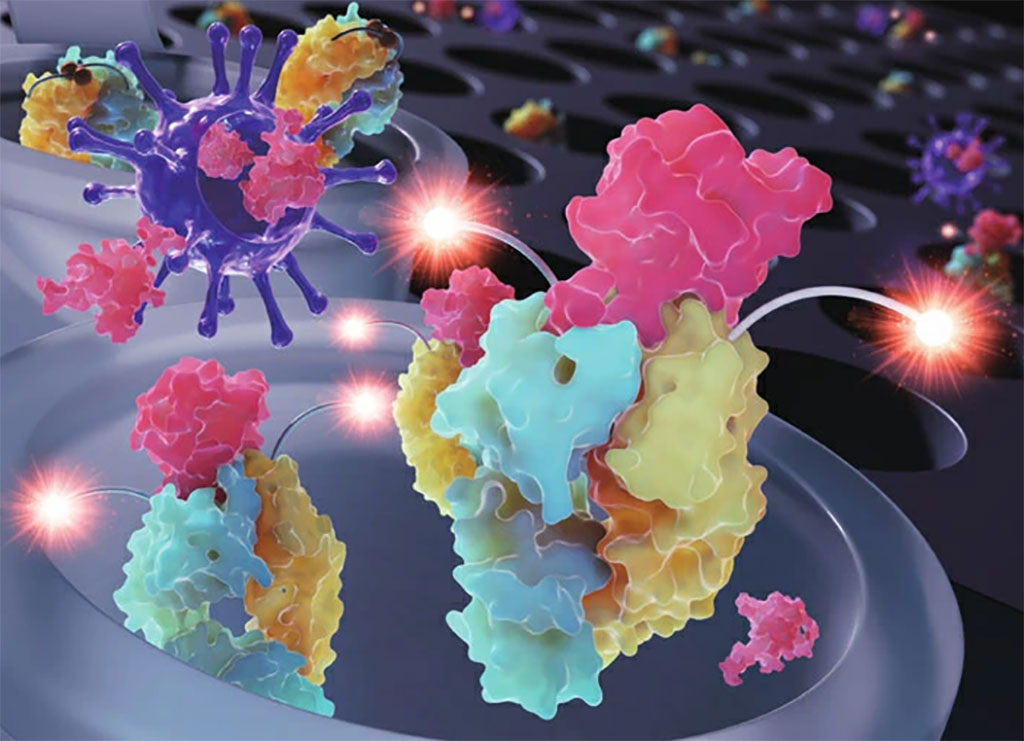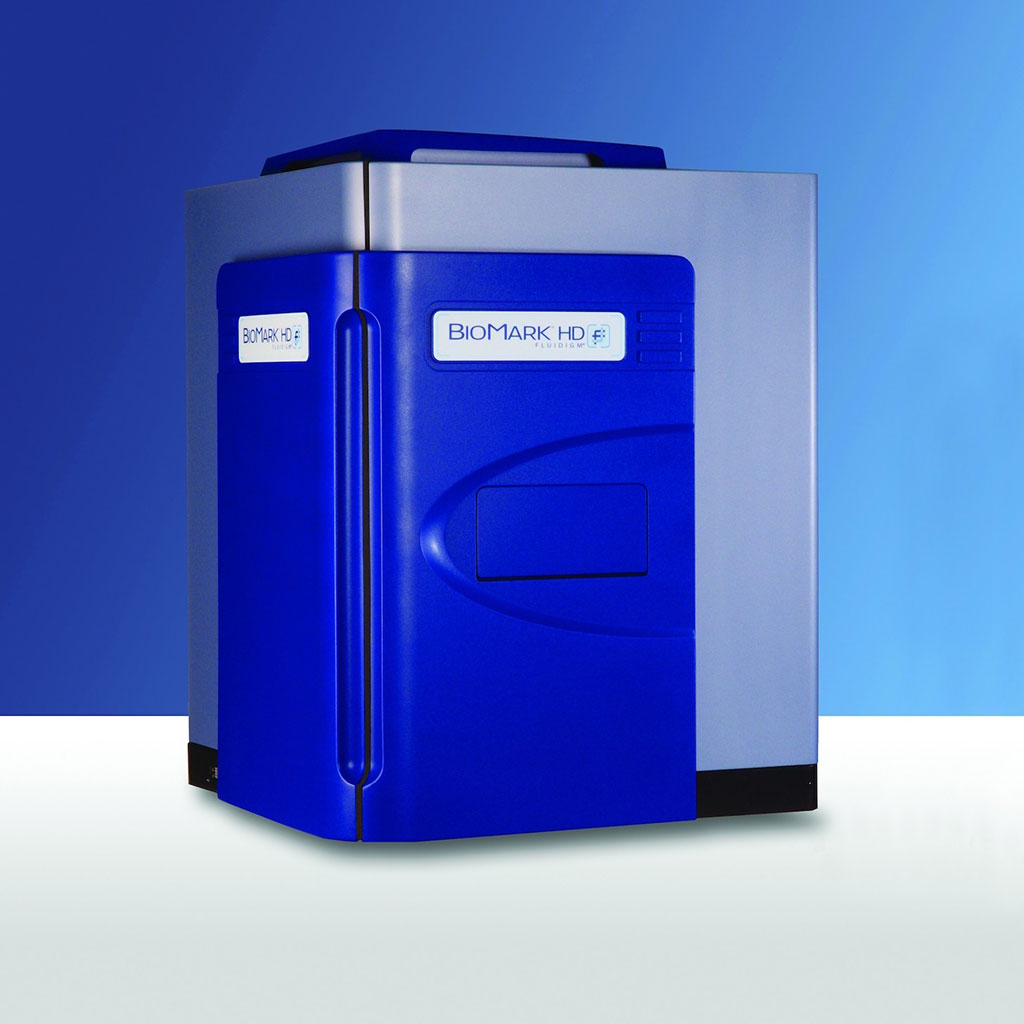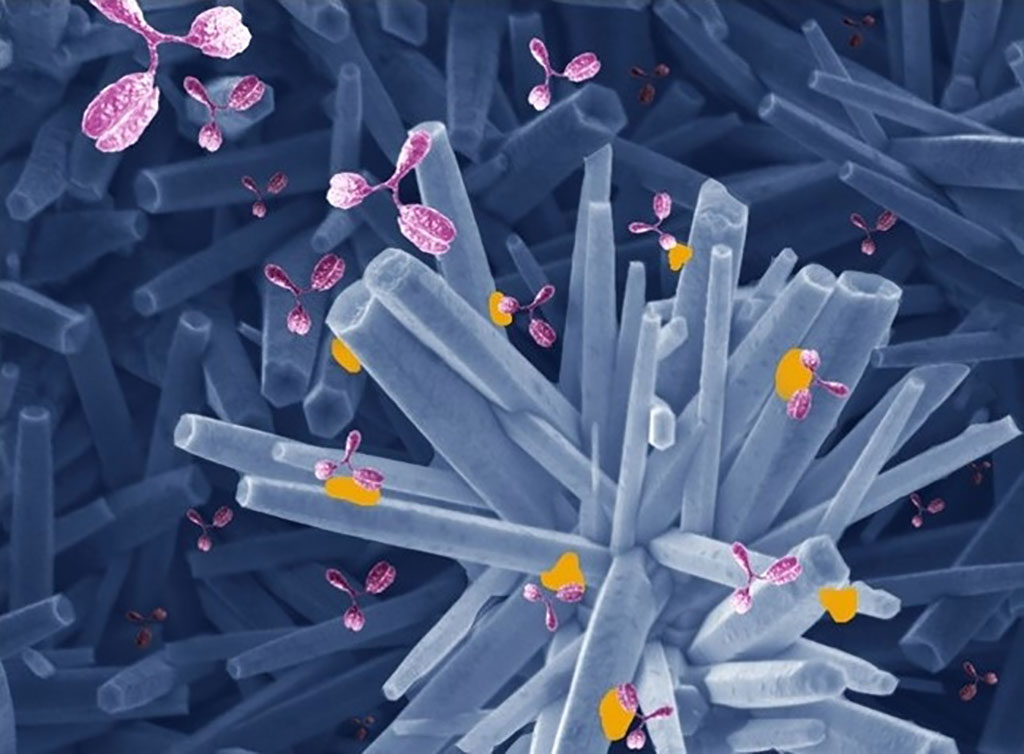Novel Coronavirus Could Be Targeting Kidneys, Suggests New Data
By LabMedica International staff writers
Posted on 19 Mar 2020
New data on the coronavirus disease has revealed that kidney involvement appears to be frequent in people who have tested positive and developed symptoms. Proteinuria (and/or blood in urine) often occurs at the beginning or during the infection, with a few patients even developing acute kidney injury (AKI), thus indicating that COVID-19 also attacks the kidneys. Given the involvement of kidneys during coronavirus infection, patients should also be monitored after the disease.Posted on 19 Mar 2020
This is based on two studies which showed a high rate of renal abnormalities in corona-positive patients. In the first study, after being admitted to the hospital, 34% of the 59 patients developed massively elevated levels of albumin in urine (proteinuria), a symptom of kidney damage, while 63% of the study patients developed proteinuria while in hospital, and many of them also had blood loss in their urine (hematuria). Kidney function was impaired in 27% of the study population and in 66% of the patients who died from the coronavirus infection. These findings were supported by a second study involving 710 hospitalized patients. Upon admission, 44% of the patients had hematuria and proteinuria (26.7% had only hematuria), while kidney function decreased in nearly 15% of the patients.

Illustration
“This shows that COVID-19 also attacks the kidneys, not just the lungs,” said Professor Carmine Zoccali, President of the ERA-EDTA (Parma, Italy). “Although the percentage of overall group of COVID-19 infected patients that develop AKI during infection is rather low (about 3-9%), we have to keep in mind that these patients obviously have a poor prognosis. These patients should be treated in accordance with best-practice guidelines in nephrology, which includes supportive management as well as dialysis.”
Continuous Renal Replacement Therapy (CRRT) may also be effective in treating patients with COVID-19 and sepsis syndrome (regardless of their kidney function). On the other hand, patients with chronic kidney disease and especially dialysis patients are at high risk because comorbidities increase the risk of dying from COVID-19.
“Many have already recovered from the disease. AKI patients should be seen regularly by nephrologists, because the risk of these patients developing chronic kidney disease is high. But given the involvement of kidneys during coronavirus infection, we should also monitor those patients who did not develop AKI, but proteinuria and/or hematuria. Otherwise there is a risk that the corona epidemic will be followed by an epidemic of chronic and end-stage kidney disease,” added Zoccali.
Related Links:
ERA-EDTA













